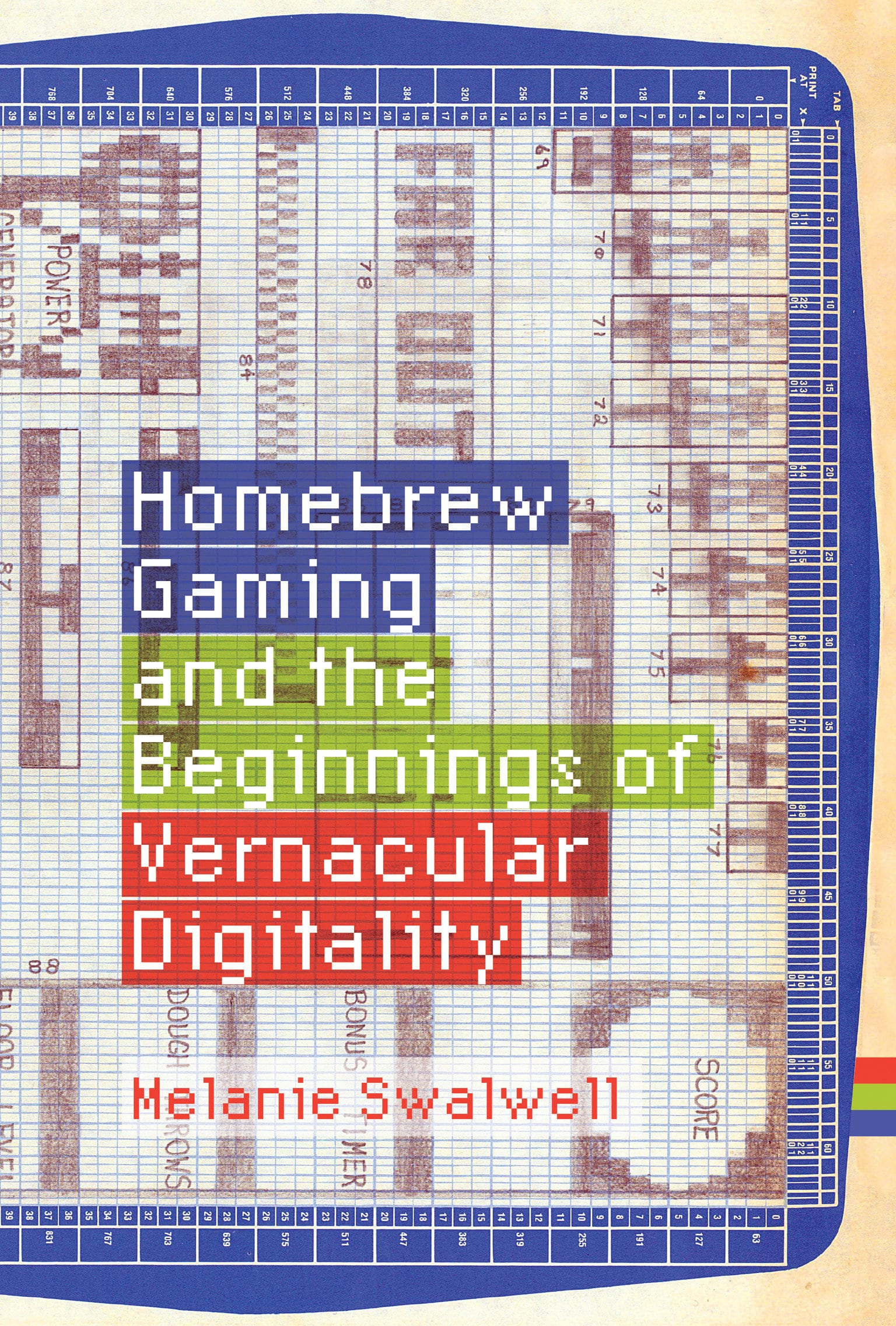Homebrew Gaming and the Beginnings of Vernacular Digitality
26.00 JOD
Please allow 2 – 5 weeks for delivery of this item
Add to Gift RegistryDescription
The overlooked history of an early appropriation of digital technology: the creation of games though coding and hardware hacking by microcomputer users.From the late 1970s through the mid-1980s, low-end microcomputers offered many users their first taste of computing. A major use of these inexpensive 8-bit machines–including the TRS System 80s and the Sinclair, Atari, Microbee, and Commodore ranges–was the development of homebrew games. Users with often self-taught programming skills devised the graphics, sound, and coding for their self-created games. In this book, Melanie Swalwell offers a history of this era of homebrew game development, arguing that it constitutes a significant instance of the early appropriation of digital computing technology. Drawing on interviews and extensive archival research on homebrew creators in 1980s Australia and New Zealand, Swalwell explores the creation of games on microcomputers as a particular mode of everyday engagement with new technology. She discusses the public discourses surrounding microcomputers and programming by home coders; user practices; the development of game creators’ ideas, with the game Donut Dilemma as a case study; the widely practiced art of hardware hacking; and the influence of 8-bit aesthetics and gameplay on the contemporary game industry. With Homebrew Gaming and the Beginnings of Vernacular Digitality, Swalwell reclaims a lost chapter in video game history, connecting it to the rich cultural and media theory around everyday life and to critical perspectives on user-generated content.
Additional information
| Weight | 0.59 kg |
|---|---|
| Dimensions | 2.19 × 16.03 × 23.65 cm |
| PubliCanadanadation City/Country | USA |
| Author(s) | |
| Format | |
| Language | |
| Pages | 256 |
| Publisher | |
| Year Published | 2021-8-17 |
| Imprint | |
| ISBN 10 | 0262044773 |
| About The Author | Melanie Swalwell is Professor of Digital Media Heritage at Swinburne University of Technology in Melbourne, Australia. She coedited Fans and Videogames: Histories, Fandom, Archives and The Pleasures of Computer Gaming: Essays on Cultural History, Theory and Aesthetics. |
“Swalwell’s focus on the homebrew creators in Australia and New Zealand is a fantastic contribution to the history of video games that focuses on users as creators. It is sure to be a model for those looking at engagement with video games beyond the bigger names in the industry.” —Technology and Culture |
|
| Other text | “Swalwell's use of oral histories reminds us that the people who create games are as essential to the game's shape and expression as its technology. The in-depth analysis of everyday practices also provides a refreshing and insightful alternative to current predominant narratives of game history.”—Clara Fernández-Vara, Associate Arts Professor, NYU Game Center “Melanie Swalwell counters the myth of ‘bedroom coders’ by looking at homebrew game developers through the lens of ‘DIY Brews.’ With interviews, notes, and family albums, she helps us understand why the 8-bit scene thrives to this day.” —Mirosław Filiciak, Associate Professor and Director, Institute of Humanities, SWPS University “Bringing together deep theoretical discussion and unique empirical material, Swalwell’s captivating book shows that homebrew software is not just a sidenote of computing history but a wellspring of creativity that has been overlooked because of its very omnipresence.”—Jaroslav Švelch, Assistant Professor, Faculty of Social Sciences, Charles University, Prague, and author of Gaming the Iron Curtain |
| Table Of Content | Series ForwardPreface1 Introduction2 Discourses about Microcomputers3 Micro Users as Makers4 The Games5 Hardware Hacking and Electronics6 The Legacy of 1980s Homebrew7 New DirectionsNotesHomebrew Software CitedWorks CitedIndex |
| series |
Only logged in customers who have purchased this product may leave a review.






Reviews
There are no reviews yet.